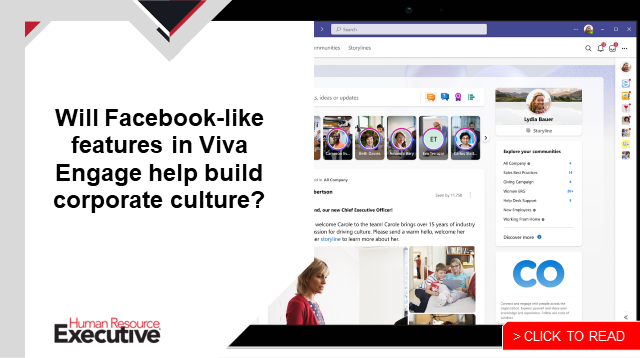Isn’t it great how workplace issues now have the catchiest titles? Quiet quitting is the latest. As with other titles like “emotional intelligence,” this one seems to mean different things to different people, which is one reason it has become so popular.
The original meaning seems to have referred to efforts by employees to enforce a reasonable balance between work and life, pushing back on demands for extra work. But that doesn’t sound very quiet does it? So the more common meaning now seems to be a general slacking of effort or we might say a withdrawal of discretionary effort with a special focus on people working from home.
Whether this is actually happening is hard to say, but it probably will happen and should happen for reasons that are predictable.
One of the lessons from prior pandemics, including the Spanish Flu, is that we move on from them incredibly fast, no doubt because we want to, which is why it seems like an eternity since the COVID-19 pandemic started in the United States in March 2020 and work-from-home began. One of the unique things about working remotely was that, at first, most everyone was happy to do it because the alternative meant either no job or being in offices where the risk of infection seemed very great. Another unique aspect was that those of us working at home felt that we were all in it together: Executives, managers and regular employees trying to keep businesses and, in some cases, society afloat. It was harder to get work done remotely, but we adjusted and got things done.
 I doubt many people feel that way now. Executives often went back to the office first, businesses have typically been booming, so we didn’t feel as though we were keeping them going, and the big health risks of the evolving virus seem focused mainly on the unvaccinated. The job market is tight. We hear stories about people getting great offers to quit and move elsewhere. But those of us staying in place aren’t seeing that as wage increases now lag inflation by a lot. We aren’t grateful just to have a job.
I doubt many people feel that way now. Executives often went back to the office first, businesses have typically been booming, so we didn’t feel as though we were keeping them going, and the big health risks of the evolving virus seem focused mainly on the unvaccinated. The job market is tight. We hear stories about people getting great offers to quit and move elsewhere. But those of us staying in place aren’t seeing that as wage increases now lag inflation by a lot. We aren’t grateful just to have a job.
The current context is more normal. We can’t expect the discretionary effort from the pandemic to continue. It would not be surprising if performance slid even if we were all in the office.
That takes us to remote work, which many employees have and others want. I understand leaders who say, “You wanted some kind of remote work, we’ve given it to you, now keep working hard.” Unfortunately, it is never that simple.
The great debate about management and the workplace remains Douglas McGregor’s famous Theory X (people are lazy and have to be watched or they will goof off) versus Theory Y (people want to do a good job if we just give them the context in which to do it). The problem is that neither extreme is true, and both sides have a point. In my own world, we have some of the smartest, most ambitious and conscientious students on the planet, what Jack Welch surely would have said were “A Players.” Yet, if we don’t do things to make them come to class and do the work, over time they tend not to do it. We confirmed that during the pandemic with virtual teaching when we eased off attendance and grading policies. The longer it went on, the worse performance got.
Before the pandemic, we were in the middle of a rethink about how to manage performance that never got completed. A simple view is that we squeezed down the role of supervisors (no time, no training) and gave them other tasks as well so that they could neither monitor nor engage and manage carefully. The frustration with traditional performance appraisals doing little for either approach boiled over when the labor market got tighter in the late 2010s, and many employers got rid of them. Some portion of those tried to move toward continuous conversations about work and how it is going, both monitoring and supporting. That takes time and resources. Some proportion gave up doing anything.
 That takes us to remote work, not only full-time but even hybrid models of occasional remote working. The plus of remote work for job performance is that it gave employees more control over their time and cut down on micro-management. Most everyone likes that. The minus is that it takes more effort and attention from supervisors to manage people who are physically distant. Thinking about this as a “proximity bias,” as if there is some kind of prejudice toward those closer to us, is simply wrong.
That takes us to remote work, not only full-time but even hybrid models of occasional remote working. The plus of remote work for job performance is that it gave employees more control over their time and cut down on micro-management. Most everyone likes that. The minus is that it takes more effort and attention from supervisors to manage people who are physically distant. Thinking about this as a “proximity bias,” as if there is some kind of prejudice toward those closer to us, is simply wrong.
We could rely on the bad job market through most of the 2010s to keep employees working hard even with bad management. We could rely on the pandemic experience, at least early on, to do that as well. Going forward, we have to get better at managing performance, which includes engaging and supporting employees but also holding them accountable for it. And that comes back to supervisors.
The post Quiet quitting: Why it’s exactly what should be happening today appeared first on HR Executive.